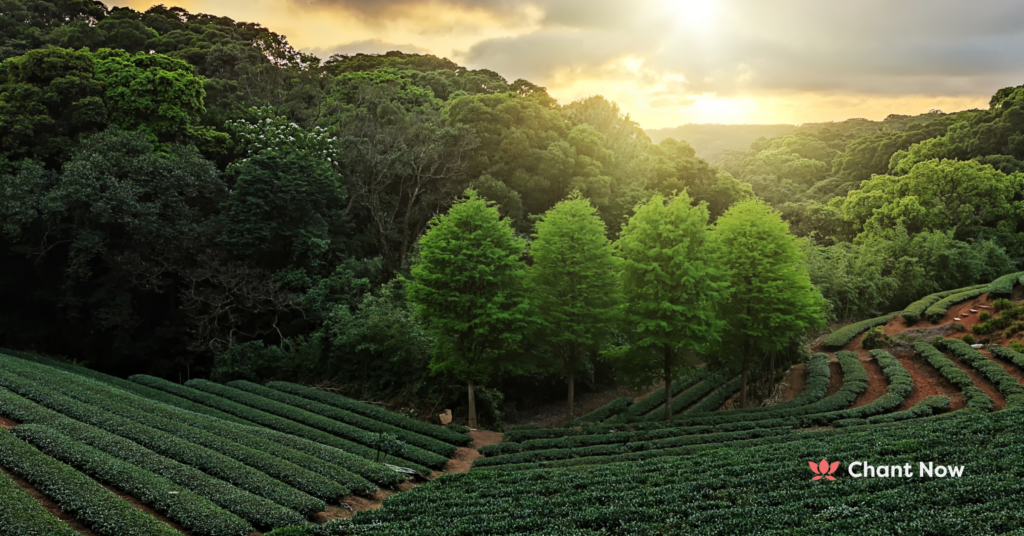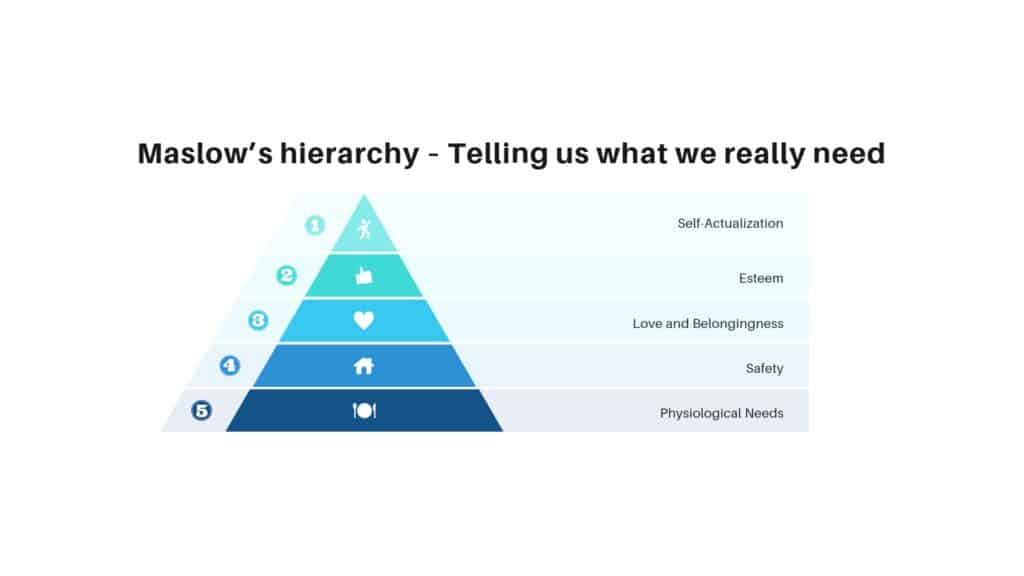The Science of Spiritual Ecology

Geography, and the state of the world we live in today, has always been one of my passions. The beautiful environment that surrounds us never ceases to amaze me. It is a reminder of the verse from Bhagavad gita, where the all divine being speaks, and says, “Know that all opulent, beautiful and glorious creations spring from but a spark of My splendor.” Even if you don’t believe in a higher being, surely when you see a sunset, or look at the kaleidoscope of stars in the sky, you can appreciate nature and the earth you stand on. It is for this reason that I majored in Geography. Now, how does that relate to spirituality, you may wonder? Well, you’re about to find out.
Current farming methods are destroying the earth – chemical fertilizers and pesticides are toxic for the soil, not to mention the vegetables growing in it. Farmers are also using monoculture. This is when they plant one type of crop without rotating and planting a different type in another season. It deprives the soil of certain types of nutrients. The environment can naturally recover and sustain normal, healthy, growth, but if we keep taking shortcuts like this to feed the demand of a growing population, it deteriorates the earth.
“There is a sweet transcendental interrelation between all living entities, irrespective of not only caste, creed, and colour between man and man, but between man and beast, man and birds, man and reptiles, man and plants, etc., and so also between man and God, and between God and others, and so on….as such the [farm] shall be the centre for such supreme culture of knowledge. [It] shall set the example that neither God nor the living being nor Nature is in any way antagonistic toward one another, but that all of them exist in harmony as a complete whole unit.” – Srila Prabhupada
Srila Prabhupada is the founding teacher who brought bhakti to the western world. It is he who pushed towards living sustainably, off the land. Vegetarianism is a core belief of the bhakti way of life. Because we believe in karma, we try our utmost best not to cause harm to any living entity, as we feel that we will have the same pain inflicted on us, if not in this life then in the next. Furthermore, in ecovillages or Vedic farms that have been built, we have cows giving ‘ahimsa’, or non-violence, milk. The cows are not slaughtered when they stop giving milk, nor are they fed hormones to overproduce. They produce milk naturally and are encouraged to live life to their fullest, without the expectation that they would be eaten afterwards.
On these farms, fresh fruit and vegetables are also planted. Bhakti centres around the world aim to use fresh produce and milk that has been sustainably sourced. The centre in New York is growing vegetables and fruit on the roof of its building. So even in the busiest city in the world, we are still trying to keep our roots connected to nature.
When Krishna, or God, enacted His pastimes on earth, He, along with His brother Balarama, were cowherd boys. Srila Prabhupada tells us more: “There was no need to waste time going to school to be falsely educated and later increase the numbers of the unemployed. Krishna and Balarama taught us by Their personal behavior. Krishna took care of the cows and played His flute, and Balarama took care of agricultural activities with a plow in His hand.” I found this to be a profound statement. I am from South Africa, and while I take my education very seriously, I can’t deny the difficulty that comes with finding a job. Those who are educated can’t find jobs, and when they further educate themselves they over qualify for jobs. The quality of the education is also not good. It doesn’t enable you to become the truest version of yourself. I don’t encourage not being educated at all, but the key word is that we shouldn’t be falsely educated. That’s where the ecovillages come in. They also serve as educational centers. They promote sustainable living and spiritual values through workshops, seminars, and outreach programs to the broader community.
I hope this article gives you insight into what an ideal world could be like. I could give you facts and statistics on how beef consumption is contributing to global warming and sea levels rising, but I prefer not to do that. Instead I want to appeal to your heart and not your stomach. Think about it. Nature does a lot more for us than we do to it, and to call her Mother Earth but treat her so bad is not good, nor is it fair. The earth is all we have. We, as sentient beings, should do better.






